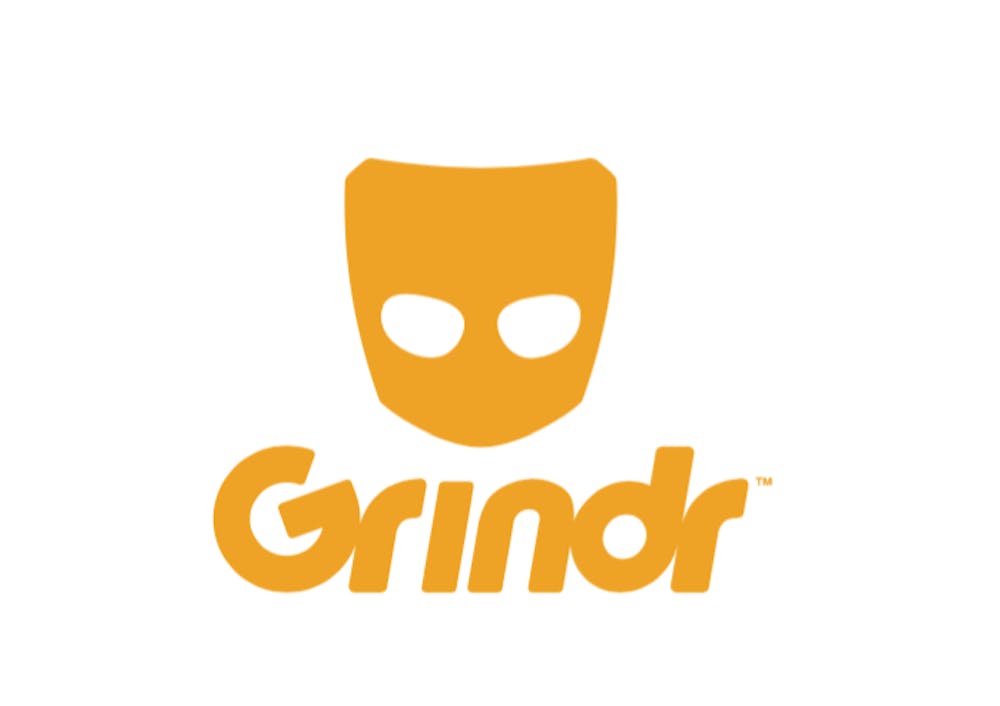It’s become a routine: I come home from day of school and work, take a shower, hop in bed—then I open Grindr. I scroll down the endless square photos of torsos, faces and legs, I send a few messages, exchange a few photos and wonder: why nobody is replying to me?
Some may say that it’s not a big deal — who cares if someone doesn't reply to your message on a dating website? But something about this culture of stats, taps, and instant sex takes a bigger toll on my mental health than any other app on my phone. I know that Grindr filters by body type and race, I know that men are mean on the app, and I know that if someone isn’t into me, he'll probably attack my identity and block me instead of sending a polite, “Sorry not interested!”
But Grindr is one of my only links to other gay men. Gay loneliness is a real, tangible force. Gay men have higher rates of mental health issues, drug use, suicides and other physical health issues than straight men–but we still subscribe to this culture that can contribute to these issues.
Grindr is much different than Tinder, Bumble or Coffee Meets Bagel. On Grindr you’re allowed to upload your stats, body type, weight, height, age, sex position or race. Additionally you’re allowed to say what you’re “into,” and filter out men who do not fit your ideal type. If you think that sounds exclusive, you’re right — and it can get very tiring, especially when you don’t seem like most people’s type. In a world where masculine, muscular, perfectly groomed white men are the sexual ideal, there's hardly any space for people of color, trans people, or gender nonconforming people to feel comfortable.
Grindr represents a lot of what is wrong in the gay community, and it can impact our mental health. Kenneth Lac (C’19) thinks that “[Grindr] is a game. The currency is not even trying to meet up, it’s just exchanging nudes. The currency is getting satisfaction from getting attention. Certain groups of people have advantages in this game, and some people will lose the game automatically.”
Kenneth also points out that it’s hard to not see the discrepancies between the preference for white men over other types of people on Grindr. “Every POC sees this gap between their unproportional liking for white men and the lower ratio of white men liking them, and when they [white men] do like you, it may very well be in a fetishizing way.” Fitting into a community that rejects you because of your identity, but also commodifies you at times because of it creates a conundrum that isn’t easy on the gay mind.
On the other end of the spectrum, Grindr doesn’t also just create issues for people, it can exacerbate current problems. The concept of putting stats in your profile reduces people to their weight, height, race, etc. Brian*(C’18) recounts the many times that this culture affected his eating disorder. “My eating and weight has been a struggle for about two years, and is definitely augmented by my use of Grindr. I see a lot of torsos and buff guys. It is such a small dating pool, and there is a big emphasis on looking hot, so you really want to look the hottest, skinniest, and the whitest. It makes me feel like I don’t fit in.”
Grindr has problems, but what needs to happen to solve them? Kenneth says that “It's not anything that one person can fix. It’s not fixable, [the problems are deeply] rooted in history and colonialism.” At the end of the day, what happens on Grindr also translates to physical gay spaces as well. People experience discrimination in multiple parts of the gay community; and we need to do better, but it won’t change overnight or with one action.
But at the end of the day, all three of us still login to Grindr. Brian tells me, “I still use it because it's my only other avenue for finding other gays.”Similarly, Kenneth says, “The funny thing is never deleted Grindr once in my life. It was always on there, I would not go on for months at a time, but it was always there. As to why I never deleted it, I don’t know.” Most of us don’t know, but all we do know is that it’s time for our culture to start being a more conducive to preserving our mental health.
*Indicates that name has been changed

